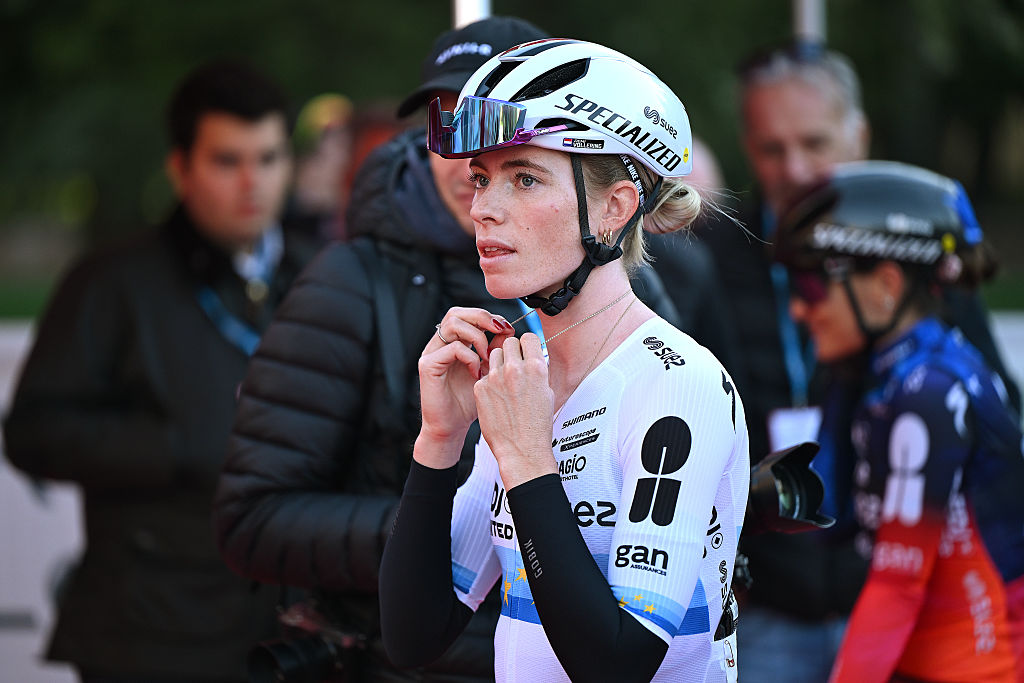Varnish cleared to take groundbreaking legal action against British Cycling and UK Sport
Former British track sprinter’s case could lead to employee status for athletes
The latest race content, interviews, features, reviews and expert buying guides, direct to your inbox!
You are now subscribed
Your newsletter sign-up was successful


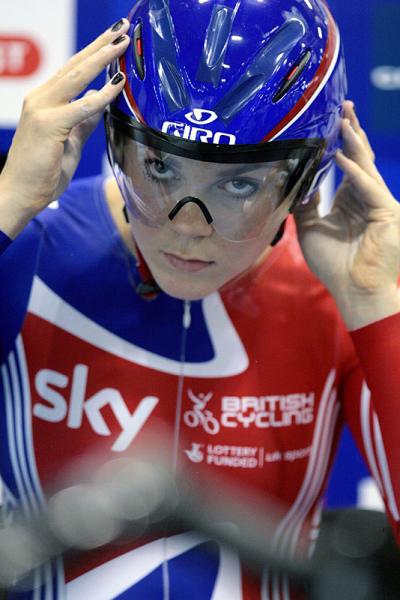
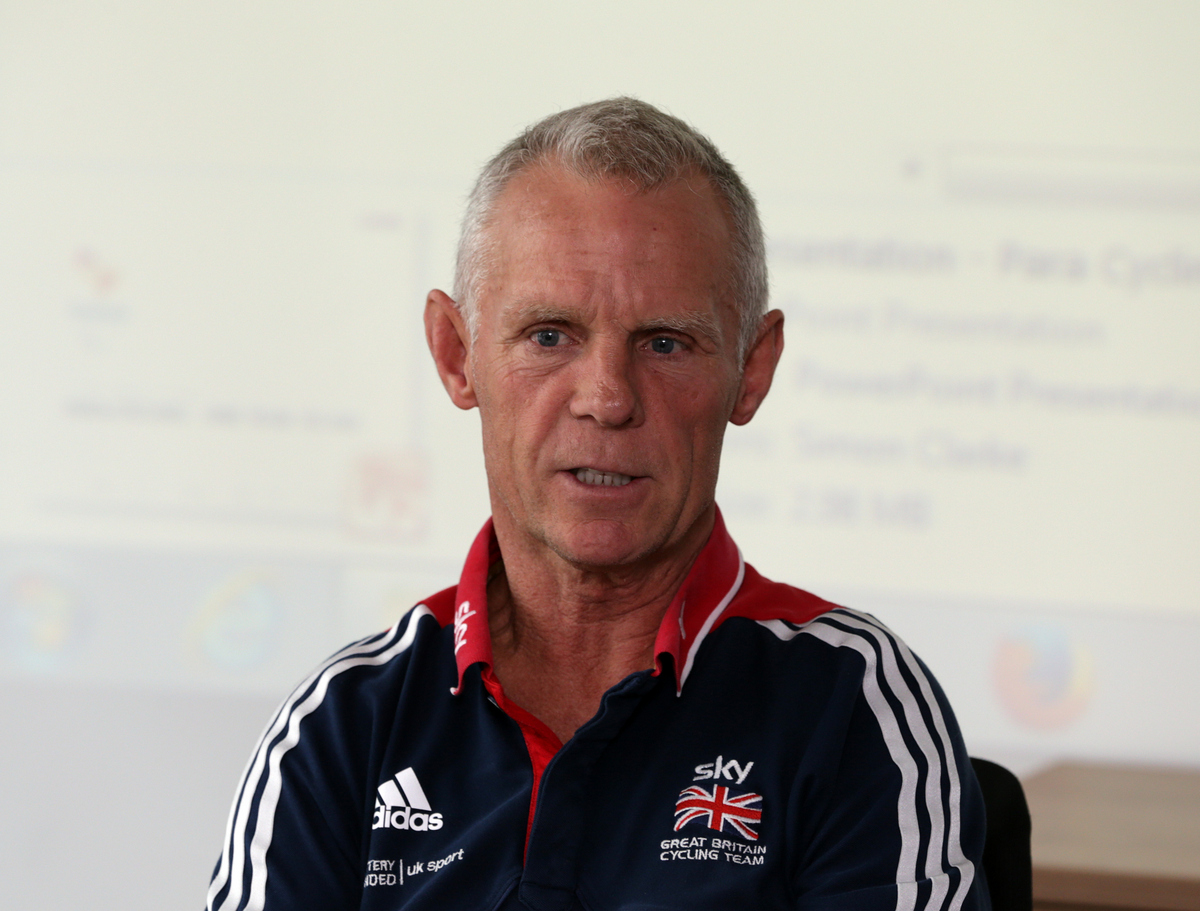
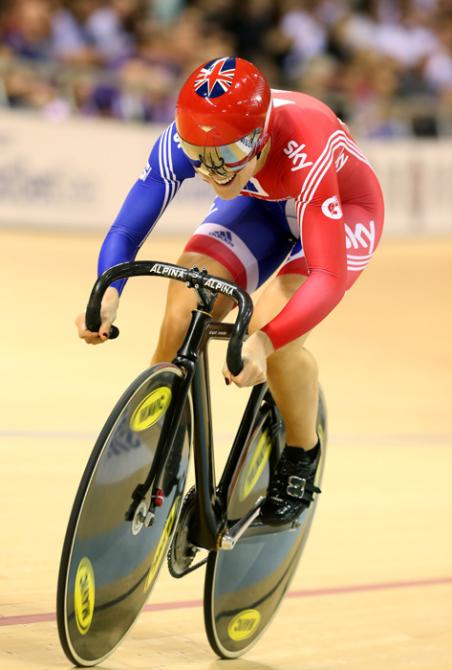
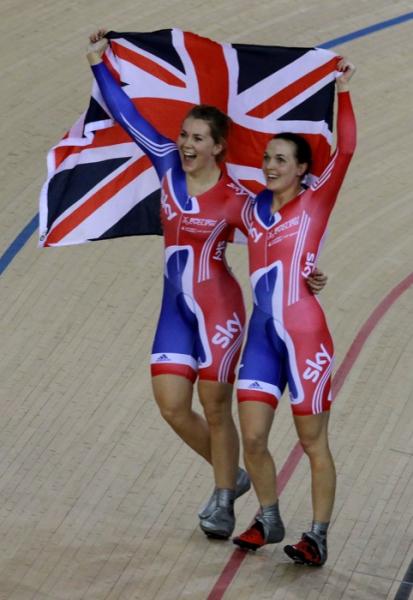
Former Great Britain track sprinter Jess Varnish has been given the green light to sue both British Cycling and the national funding body UK Sport based on claims that she suffered sex discrimination, detriment for whistleblowing, victimisation and unfair dismissal.
In what could be a landmark case for all publicly funded British athletes, the Times reports that Varnish was told at a preliminary court hearing this week that she could proceed with her claim to be regarded as having been employed by British Cycling and UK Sport and therefore owed the full legal obligations due to her status an employee.
Varnish was dropped from the Great Britain elite programme in 2016 and so missed out on the Rio Olympics. She has claimed she was subject to discrimination and had been told by former technical director Shane Sutton to ‘Go and have a baby.” He denied those claims but then resigned and was cleared of eight out of nine accusations. He has since taken up a similar role with China and will return to Manchester for the weekend’s track World Cup.
Varnish now runs a coffee shop with several former teammates, but her accusations have rocked British Cycling and lifted the lid on the atmosphere at the so-called Medals Factory.
It is understood that UK Sport acted aggressively in its defence at the recent hearing, applying for a strike-out order to dismiss the case, along with a costs order and deposit order. This could have meant Varnish's assets would have been seized pending the case, forcing her to drop her claim.
However, a judge dismissed UK Sport’s applications, allowing Varnish to proceed towards an employment tribunal in April 2018, which will determine whether Varnish should be considered as having effectively been an employee of UK Sport and British Cycling when she was competing.
If the employee status is confirmed, UK Sport would have to pay pension and national insurance costs, raising the overall costs of funding elite sport in Britain. The Athlete Performance Awards that are paid to athletes are currently considered as grants rather than a salary.
The latest race content, interviews, features, reviews and expert buying guides, direct to your inbox!
UK Sport and British Cycling could face a long legal battle and so it is likely an out-of-court settlement or some sort of compensation package could be agreed. A British Cycling spokesperson told the BBC that the organisation was "in an on-going and positive dialogue with Jess and look forward to reaching a resolution which all parties will regard as equitable".
A source close to Varnish said it was not about a final cash settlement.
"She's not doing this for money. She's frustrated that neither UK Sport nor British Cycling have changed the grey situation that athletes still remain in. Athletes still have no real rights, no pensions, no grievance and whistleblower procedures, and no course of action, outside of civil action. There are some really deep-rooted issues which she's passionate about."

